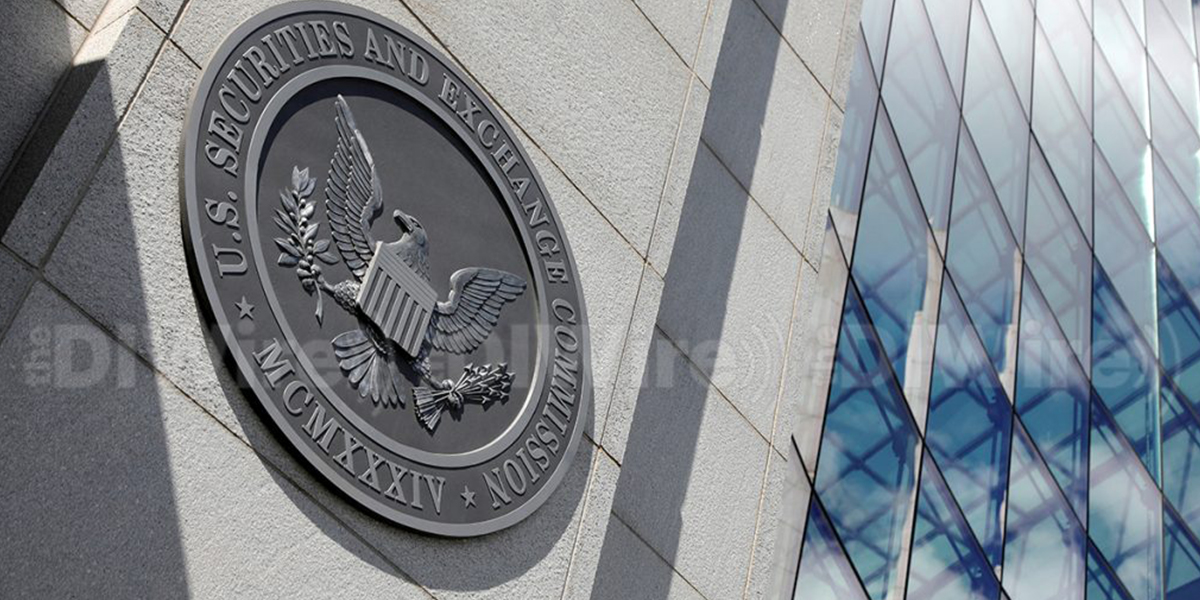SEC Obtains Final Judgment Against Former RIA Executive for $1 Billion Fraud

The U.S. Securities and Exchange Commission obtained a final judgment against defendant Scott Lindell, whom the SEC previously charged with misconduct concerning a more than $1 billion overvaluation scheme. Lindell is a former senior officer of SEC-registered investment adviser Infinity Q Capital Management LLC.
The SEC’s original complaint was filed on Sept. 30, 2022, in the U.S. District Court for the Southern District of New York.
The SEC alleged that from at least February 2017 through February 2021, James Velissaris, Infinity Q’s founder and former chief investment officer, actively manipulated the valuation models available from a certain third-party pricing service and altered inputs to mask the poor performance of the mutual fund and hedge fund that Infinity Q advised. This scheme allowed the Infinity Q funds to attract investor funds and keep investors from redeeming their investments and allowed Velissaris to enrich himself through performance and management fees.
As alleged, Lindell – former: chief risk officer, head of operations and chief compliance officer – negligently misrepresented to investors and potential investors, representatives of the mutual fund’s board, and others that the pricing service was “independent” of Infinity Q when, in fact, Velissaris exercised control over the pricing service.
As further alleged, Lindell, at Velissaris’s direction, helped Velissaris submit misleading documents to the SEC staff in response to the SEC’s initial inquiries in this matter and, on one occasion, helped Velissaris mislead the mutual fund’s auditor. As set forth in the complaint, Lindell also made misstatements on various Infinity Q filings with the SEC.
Since 2017, Lindell received annual and incentive bonuses totaling millions of dollars. Since 2019, Lindell received profit distributions of management and performance fees from Infinity Q, totaling millions of dollars.
Lindell consented to the entry of a final judgment permanently enjoining him from violations of the antifraud provisions of Section 17(a) of the Securities Act of 1933, Securities Exchange Act of 1934 Rule 13b2-2, and Sections 204(a), 206(2), 206(4), and 207 of the Investment Advisers Act of 1940, and Rules 204-2(a), 206(4)-7, and 206(4)-8 thereunder, ordering him to pay a civil penalty in the amount of $100,000, and barring him for two years from serving as an officer or director of any SEC-reporting company.

